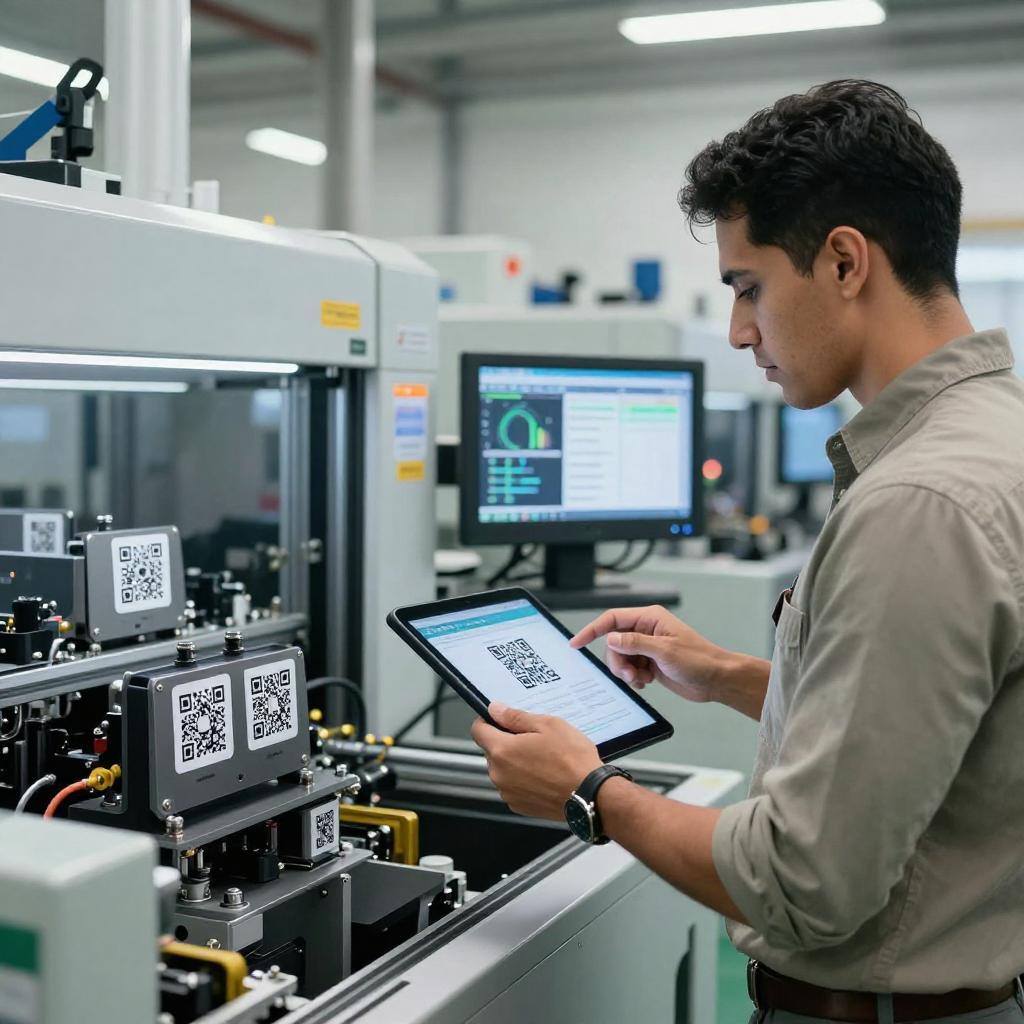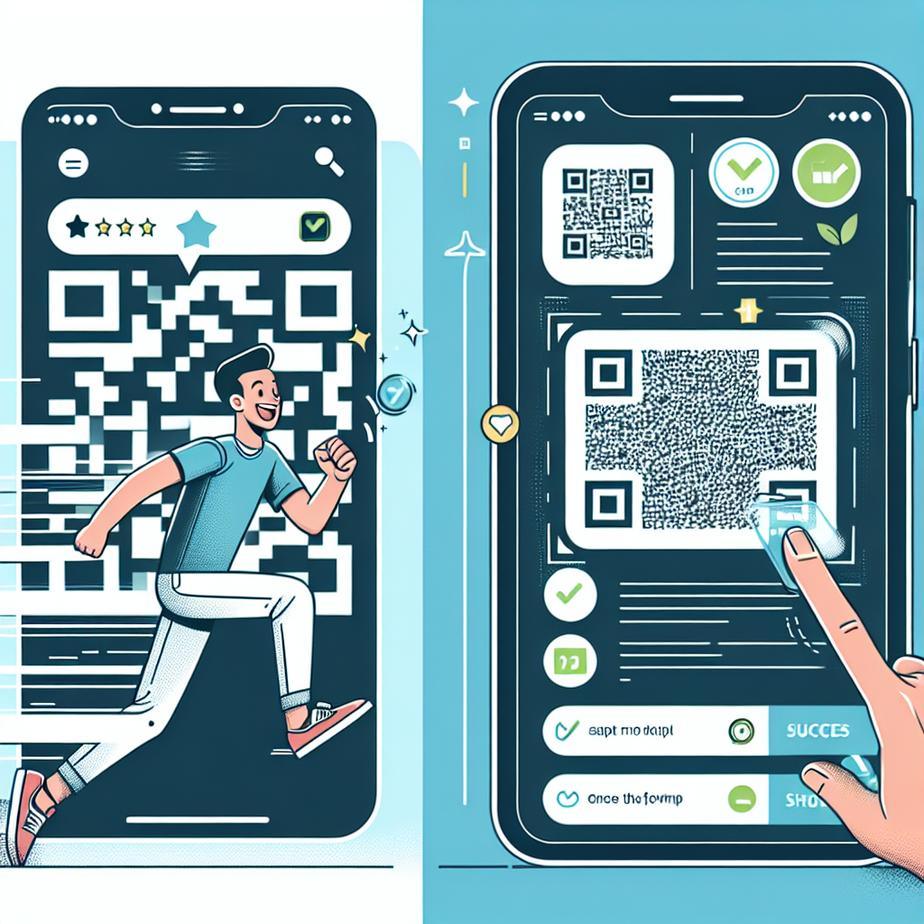

In today’s fast-paced digital world, businesses continuously seek innovative methods to enhance customer engagement and streamline interactions. QR codes, once seen as niche or novelty tools, have become powerful digital transformation tools that simplify customer experience across multiple industries. From retail to hospitality, QR codes facilitate seamless access to information, support, and transactions using just a smartphone.
QR codes integrate effortlessly into modern marketing strategies by offering immediate, contactless connections between brands and consumers. They enable marketers to deliver personalized content, promote loyalty programs, and enhance product transparency, all without cumbersome URL entries or app downloads. This immediacy builds trust and boosts customer satisfaction by meeting consumer expectations for quick and easy interactions.
One of the simplest yet most impactful applications of QR codes is collecting in-the-moment feedback. Customers can scan QR codes displayed on product packaging, receipts, or digital screens to instantly participate in surveys or leave reviews. This direct channel captures authentic opinions, helping businesses adapt quickly to customer needs and improve their offerings. For further insights on QR codes transforming customer service, explore this in-depth Uniqode article on QR codes and customer engagement.
QR codes can dramatically reduce friction in customer service by linking users directly to support channels, FAQs, or troubleshooting guides. This immediate access helps resolve issues faster, improving customer satisfaction and reducing operational costs. Companies embracing QR codes for streamlined support illustrate how digital transformation tools elevate service efficiency. Learn more about QR codes boosting customer experience on labels and packaging at Pro-Motion’s blog on QR codes in product labels.
Retail businesses harness QR codes to provide detailed product information such as sourcing, ingredients, or usage instructions, fostering transparency and brand loyalty. These codes also enable contactless payments and easy enrollment in loyalty programs, aligning with evolving consumer preferences for health-conscious and digital-first shopping experiences. Dynamic QR codes allow brands to update content in real-time, keeping the customer journey fresh and relevant.
QR codes generate valuable data on consumer behavior through scan analytics, offering retailers actionable insights to refine marketing strategies and product offerings. By analyzing where, when, and how customers interact with QR codes, businesses can tailor messaging and promotions to better fit customer needs, enhancing overall engagement and fostering long-term loyalty. For a detailed overview of how QR codes fuel the retail digital revolution, visit Retail Touchpoints’ feature on QR code impact in retail.
Implementing QR codes effectively requires thoughtful integration across both physical and digital touchpoints. Whether on packaging, storefronts, or marketing materials, QR codes reduce customer effort and deliver immediate value, making every interaction meaningful and efficient.
As QR code technology continues to evolve, its role in business digital transformation will grow stronger. With increasing smartphone adoption and consumer demand for frictionless experiences, QR codes stand at the intersection of convenience and innovation. Businesses that leverage QR codes today are positioning themselves for enhanced customer satisfaction and competitive advantage tomorrow.
In conclusion, QR codes are much more than simple barcodes; they represent a vital tool in simplifying customer experience, driving engagement, and supporting modern marketing strategies. By embracing QR codes as part of a holistic digital transformation approach, companies can deliver seamless, personalized, and data-informed customer journeys that meet the expectations of today’s connected consumer.